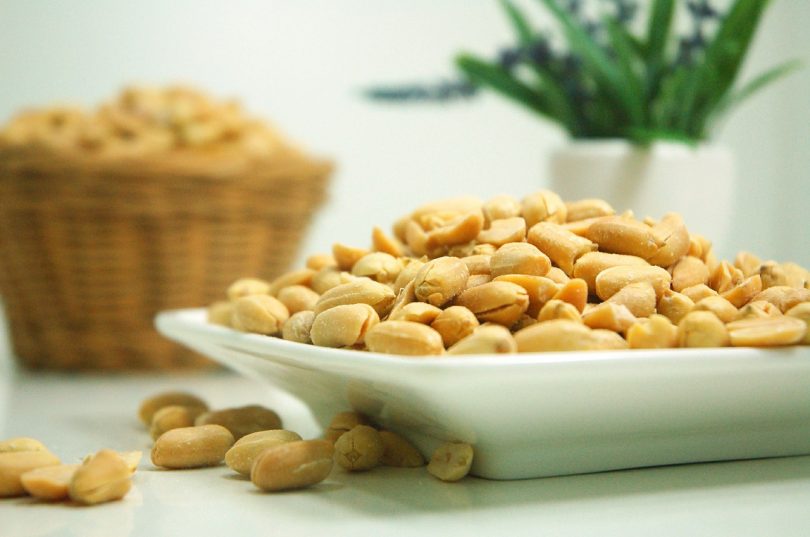Food allergies—especially peanut allergies—are on the rise. Roughly 1 in 13 children under the age of 18 have a peanut allergy, and it affects their lives more than you might think. Just because you remove nuts and peanut butter from your home does not mean your child is safe. A plethora of foods are cooked in peanut oil, which can make it hard for your child to cope at school or on playdates. We have gathered a few coping tips for you.
Let People Know
Knowledge is power, and in the case of peanut allergies, knowledge could save your child’s life. Everyone who comes in and out of your child’s life needs to know about the allergy—sitters, relatives, nannies, teachers, and coaches. That way, they will know ahead of time not to offer anything unsafe. Make sure all peanut products are always removed from your house, and never let a caregiver bring food into the house, period.
Find an Allergist
Pediatricians should not treat peanut or other food allergies. This should be left to an allergist. Find the best allergist available, and ask him or her what treatments work best for your child. Additionally, ask him or her the best protocol for mild reactions vs. moderate or severe ones.
Give Your Child Alternatives
Sooner or later, your child will be on a playdate or a field trip where a suspicious treat is involved, and he or she may want to cheat. Head off this temptation with alternatives. If the adults in charge are not providing them, send them along. Also, remember that fruits and vegetables are always a safe bet.




